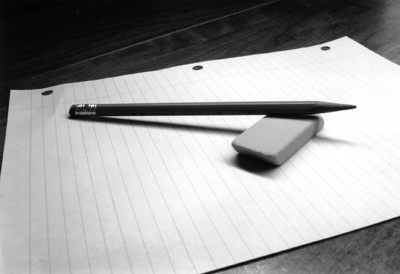All Nonfiction
- Bullying
- Books
- Academic
- Author Interviews
- Celebrity interviews
- College Articles
- College Essays
- Educator of the Year
- Heroes
- Interviews
- Memoir
- Personal Experience
- Sports
- Travel & Culture
All Opinions
- Bullying
- Current Events / Politics
- Discrimination
- Drugs / Alcohol / Smoking
- Entertainment / Celebrities
- Environment
- Love / Relationships
- Movies / Music / TV
- Pop Culture / Trends
- School / College
- Social Issues / Civics
- Spirituality / Religion
- Sports / Hobbies
All Hot Topics
- Bullying
- Community Service
- Environment
- Health
- Letters to the Editor
- Pride & Prejudice
- What Matters
- Back
Summer Guide
- Program Links
- Program Reviews
- Back
College Guide
- College Links
- College Reviews
- College Essays
- College Articles
- Back
Japan’s Education v.s. the United States
Did you know that the Japanese school year is 60 more days than the U.S.’s school year? There has been lengthy debate on who’s education system is more efficient the U.S’s. or Japan’s. Japan’s educational system is more efficient than the U.S.’s because, they spend more time at school, they have more educational options after school, and they have entrance examinations for both University and High School.
Furthermore one reason Japan’s educational system is more efficient is because they have more educational options after school. They have “cram schools” and in cram school there are two types of learning taking place; Juku, lessons for non-academic learning like calligraphy and Yobiko for academic study. 60% of Japanese high school students go even though it is expensive, but parents are eager to pay. Yobiko is also to help high school students get into a good University. Most students enjoy Yobiko and Juku for an intellectual challenge. Japanese students also pick one after school club like baseball, judo, yearbook, science, etc. to go to everyday after school.
Another reason is because Japanese children spend more time at school. The Japanese’s school year is 240 days which is 60 more days than the American school year. The students sometimes also have to come for a half day on Saturday. After school in addition to clubs and possibly cram school they have o soji which is when they help clean the school. Students help sweep, empty trash cans, and clean chalkboards. The more time spent at school the more learned.
The last reason that Japanese education system is better is because they have entrance examinations for not just University but for high school too. The exam tests the students in Japanese, math, science, social studies, and english. If they pass the examination test they get into the school, if not they try another test at a different school. Success or failure on an entrance examination can influence a student's future. The exams are beneficial for both high school and University because they help find a school best fit for the student.
Japan’s educational system is more efficient than the U.S.’s. Japan’s educational system is more efficient because they spend more time at school, they have more educational options after school, and they have entrance examinations for both University and High School. Even though Japan has a better educational system, that does not mean that U.S.’s isn’t efficient to, theirs is just better.

Similar Articles
JOIN THE DISCUSSION
This article has 0 comments.
